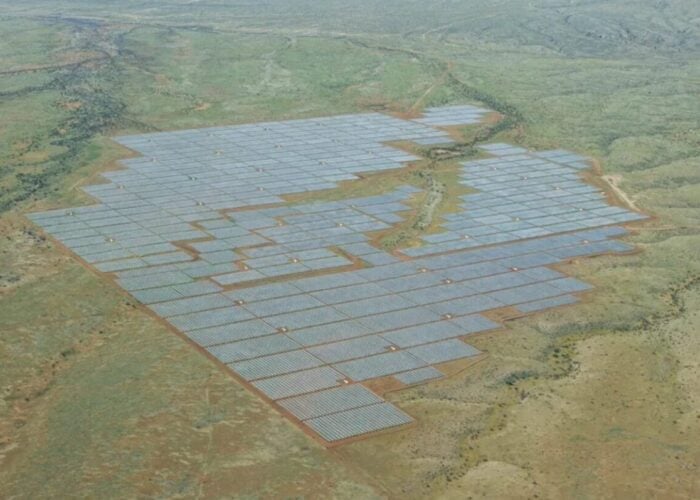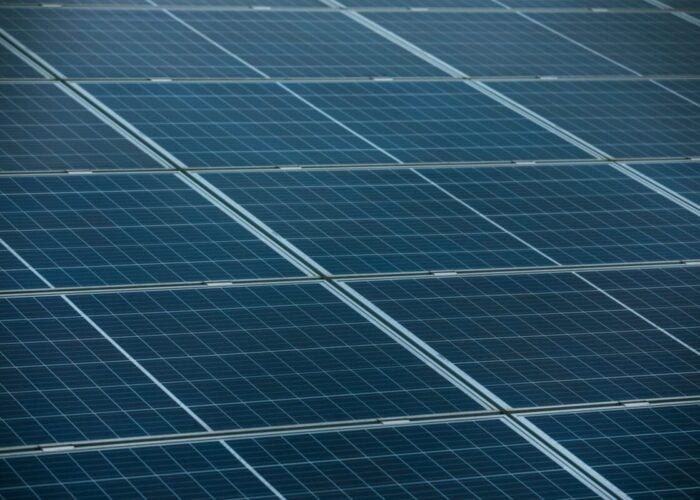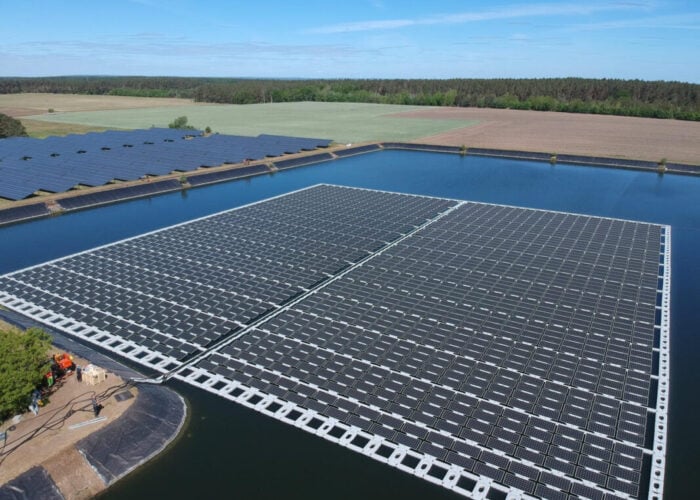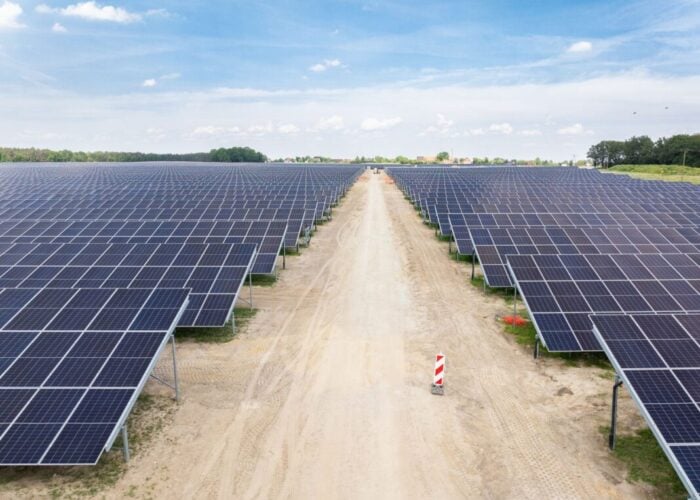A European Court of Justice (ECJ) ruling confirming countries have no obligation to underwrite one another’s renewable energy clears the way for Germany’s controversial energy reforms, the country's vice chancellor Sigmar Gabriel has claimed.
The European Commission had expressed concern that Germany’s energy policy, which charges a reduced EEG surcharge on domestic renewable power, was putting imported electricity at a disadvantage.
Unlock unlimited access for 12 whole months of distinctive global analysis
Photovoltaics International is now included.
- Regular insight and analysis of the industry’s biggest developments
- In-depth interviews with the industry’s leading figures
- Unlimited digital access to the PV Tech Power journal catalogue
- Unlimited digital access to the Photovoltaics International journal catalogue
- Access to more than 1,000 technical papers
- Discounts on Solar Media’s portfolio of events, in-person and virtual
The ruling centred around a dispute between a Finnish wind developer and the Swedish Energy Agency, over whether or not the wind project was eligible for Swedish green electricity credits. The ECJ ruled that “Member states are not required to support the production of renewable energy in other EU states”.
A statement by Gabriel, who handles the country’s economic and energy briefs, said: “I very much welcome this judgement. The European Court of Justice has sent a clear signal on the continued support of renewable energy in Europe…I am assuming now that there are no more state-aid related obstacles to the German renewable energy law.”
Concerns over the waiving of the surcharge for large industrial energy users but not for small businesses and indviduals that installed renewable energy measures remain.
Gabriel also reiterated the ECJ’s view that cooperation between nations on renewable energy should continue but by mutual consent.
The latest reforms to the EEG were approved by the German parliament on Friday 27 June.






